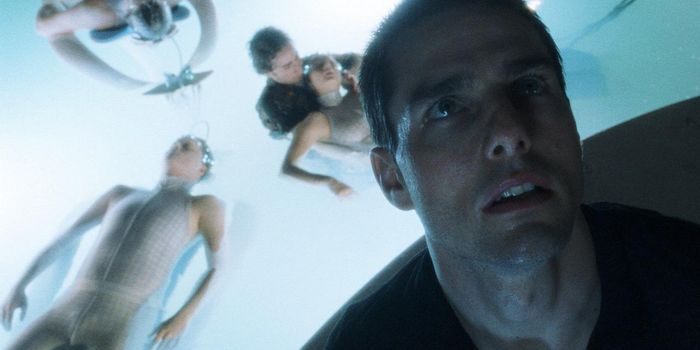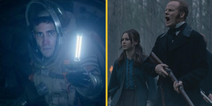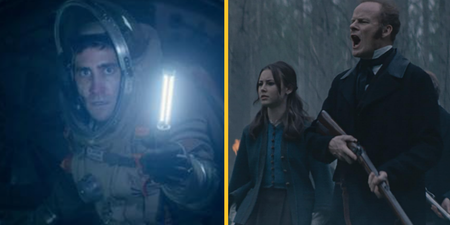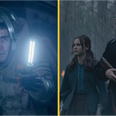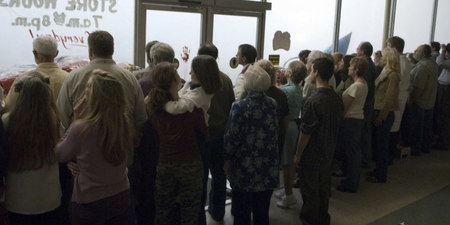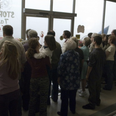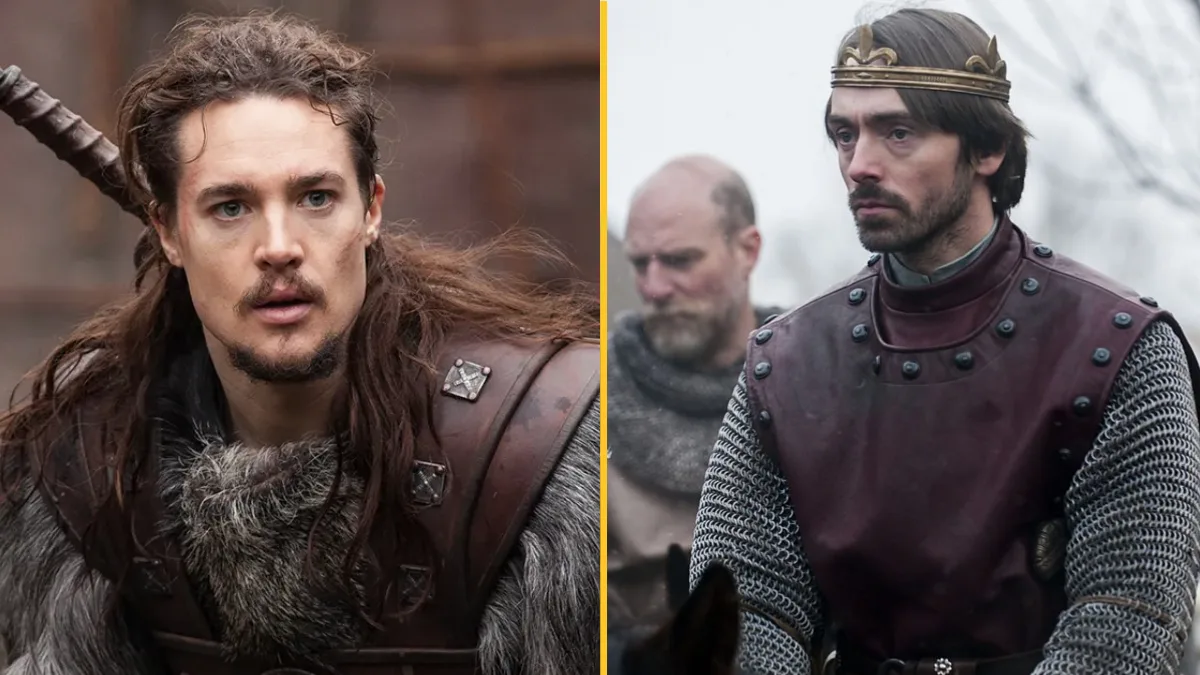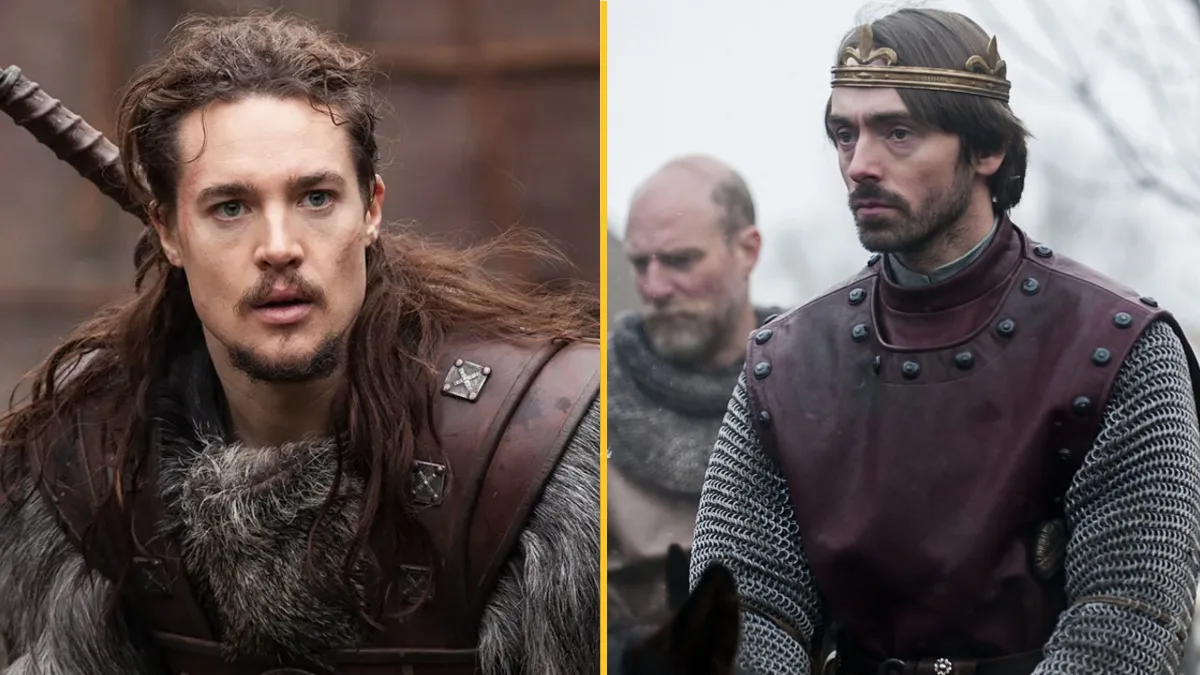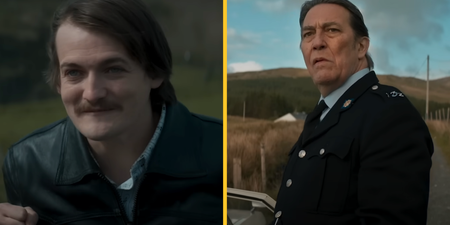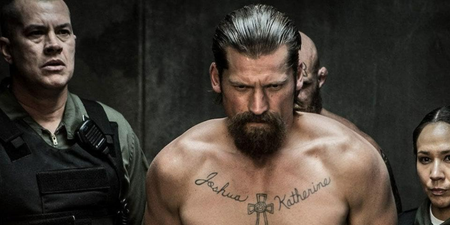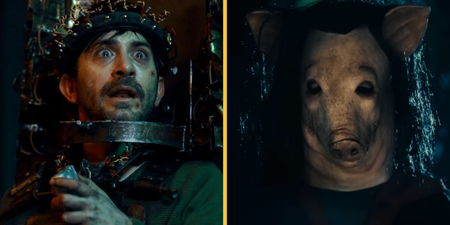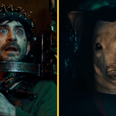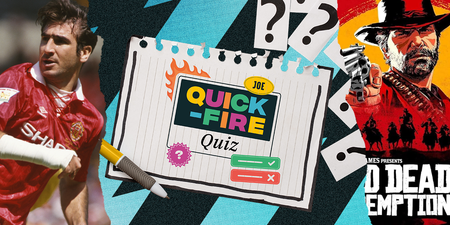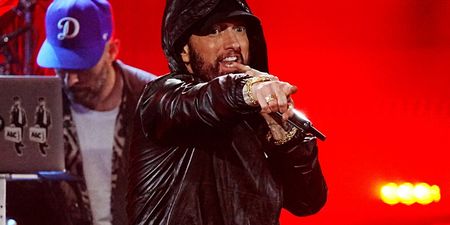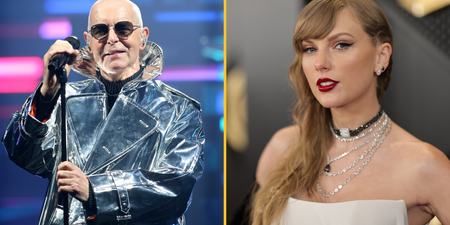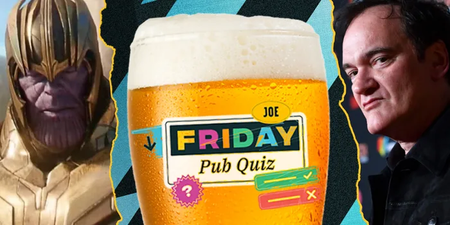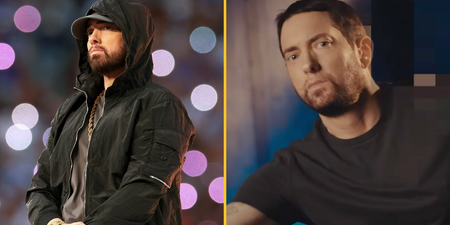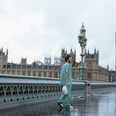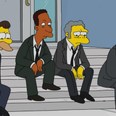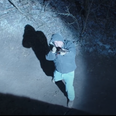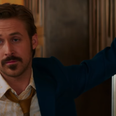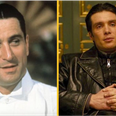It is surprising nobody has attempted a proper sequel to this movie yet.
Jaws. Close Encounters of the Third Kind. E.T.: The Extra-Terrestrial. Some of the Indiana Jones movies. Saving Private Ryan. The first Jurassic Park movie. Schindler’s List. Lincoln. West Side Story.
There are a lot of movies vying for the title of Steven Spielberg’s best, and who knows, he could still yet deliver another project that ends up being the best of the bunch.
But right now, we’re going to tell you why Minority Report is the best movie directed by Steven Spielberg.
Released in cinemas on 21 June, 2002, it sits snugly on Spielberg’s CV right between A.I. Artificial Intelligence and Catch Me If You Can. From 2001 to 2005, Spielberg had SIX movies arrive in cinemas, which found the director at his most prolific, but also at his most interesting.
His output in those years was very clearly directly affected by 9/11, with his eye for spectacle matching shady government practises. See also: War of the Worlds, The Terminal, Munich.
However, it is with Minority Report that we find the perfect marriage between blockbuster Spielberg and grown-up, thoughtful Spielberg.
The hook, based on a short story by Blade Runner author Philip K. Dick, is magnificent – a special unit of the Washington D.C. police force can predict when crimes are going to be committed, so they can get to the scene of the crime to arrest the perpetrator before the crime can be performed.
But if the criminal never executed the crime, are they still a criminal? That is the question that police chief John Anderton (Tom Cruise) must find answers to when he finds he has been predicted to murder someone in the near future.
Before production began, Spielberg had been prepping a remake of The Haunting, while Jan De Bont (Speed, Twister) had been preparing to direct Minority Report. But when Tom Cruise’s schedule suddenly freed up, he wanted Spielberg to make the sci-fi noir mystery, and so Spielberg and De Bont swapped projects.
Prior to that, it was intended to be a sequel to Arnold Schwarzenegger’s sci-fi action movie Total Recall, which was also based on a novel by Philip K. Dick).
Eventually, pre-production began, and apparently every single one of Spielberg’s first casting choices – except for Cruise – either couldn’t do the movie due to scheduling choices, or just turned the part down: Danny Witwer was originally offered to Matt Damon and Javier Bardem (it eventually went to Colin Farrell), Iris Hineman was offered to Meryl Streep (it went to Lois Smith), and Agatha was offered to Cate Blanchett (went to Samantha Morton).
When concocting what the year 2054 might look like, Spielberg put together a three-day think tank with 15 experts in their fields, telling Roger Ebert the following about his vision of the future:
“I wanted all the toys to come true someday. I want there to be a transportation system that doesn’t emit toxins into the atmosphere. And the newspaper that updates itself.
“The Internet is watching us now. If they want to. They can see what sites you visit. In the future, television will be watching us, and customising itself to what it knows about us. The thrilling thing is, that will make us feel we’re part of the medium. The scary thing is, we’ll lose our right to privacy. An ad will appear in the air around us, talking directly to us.”
Spielberg married this realistic version of the future with a fantastical idea about predicting the future, using Philip K. Dick’s short story about the war of free will and determinism as a jumping off point for a plot-twist heavy murder mystery that had a script worked on by some heavy hitters, including Scott Frank (Out of Sight, The Queen’s Gambit) and John August (Big Fish, Aladdin).
When it finally arrived in cinemas, it released on the same day as Disney’s Lilo & Stitch, which Minority Report barely defeated to land at the top spot of the box office that first weekend. The $102 million production would eventually go on to make $358 million worldwide, which critics mostly loved (90% on Rotten Tomatoes), but it being a sci-fi, it was pretty much entirely overlooked during awards season – it was nominated for one Oscar, Best Sound Editing, which it lost to The Lord of the Rings: The Two Towers.
But the years have been nothing but incredibly kind of Spielberg’s terrifically dark tale.
Cruise delivers one of his most layered performances, a man completely haunted by his own past, looking to balance the scales but fixing other people’s futures. Spielberg surrounds him with cutting edge technology put to amazing use in set-pieces like the jetpack chase, not to mention the virtuoso camerawork used during the robot-spider invasion of the dodgy surgery room.
It also displays Spielberg at his most caustically funny – Cruiser literally chasing after his own eyeballs down the street – and his most prophetic. The government of future D.C. has nothing but great things to say about the pre-crime unit, all the while entire sections of the city have been left to go to rot, those below a certain income line entirely overlooked.
Spielberg has delivered bigger blockbusters, and he has crafted more intelligent and/or emotional narratives, but never has he married those two halves of his storytelling more perfectly than he did with Minority Report.
At the time of writing, Minority Report is only available to rent on Google Play and the Microsoft Store.
Clip via Paramount Pictures & AEC
LISTEN: You Must Be Jokin’ with Aideen McQueen – Faith healers, Coolock craic and Gigging as Gaeilge
